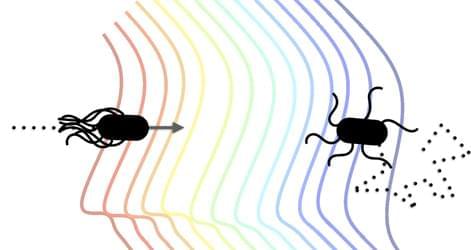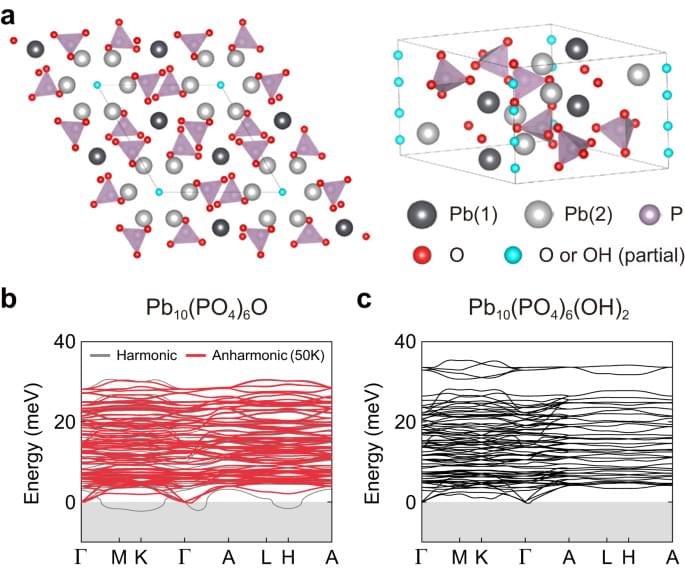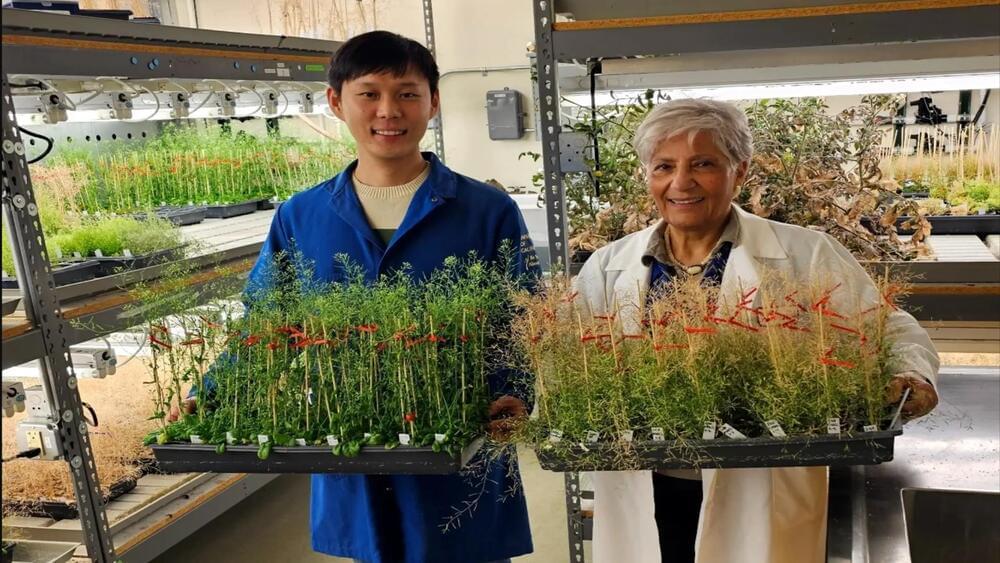A tragedy in the making.
How Lake Kivu became a ticking time bomb
Lake Kivu sits along the East African Rift Valley, dotted with hot springs that feed carbon dioxide and methane into its depths.
“Kivu has a complicated vertical structure,” Sergei Katsev, a limnologist at University of Minnesota Duluth, explains. While “the top [200 feet] or so mix regularly,” the rest of the lake remains stratified. Nearly 72 cubic miles of dissolved carbon dioxide and 14 cubic miles of methane, laced with toxic hydrogen sulfide, remain trapped in the bottom of the lake. They sit beneath a “main density gradient” at 850 feet below the surface.








